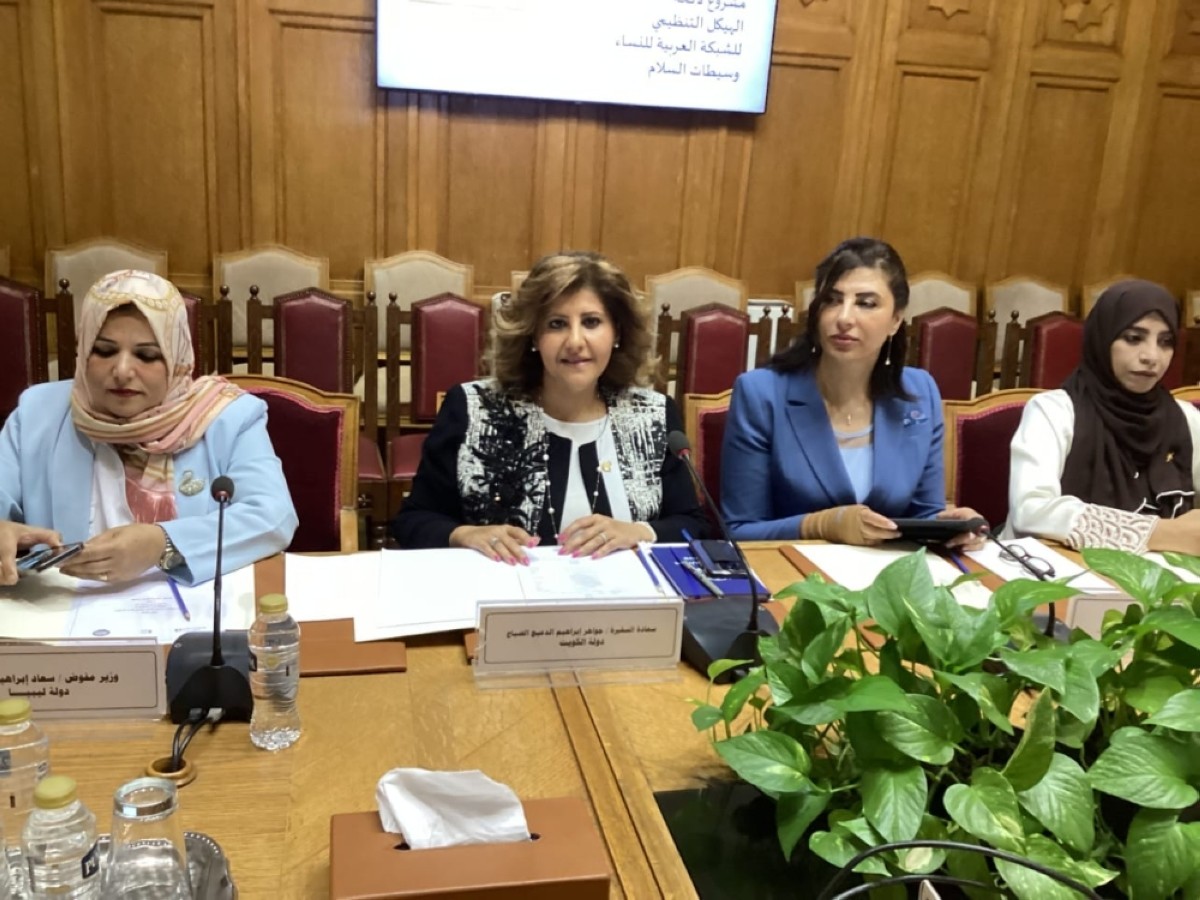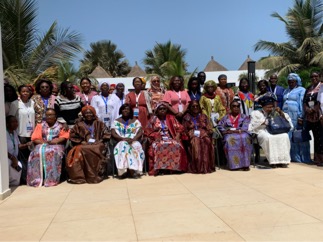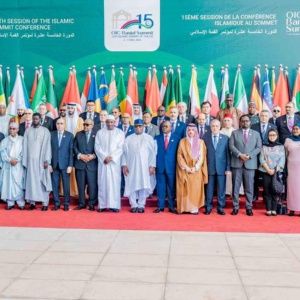



The 15th summit of the Organization of Islamic Cooperation (OIC) was launched in Gambia, with leaders from approximately 50 countries in attendance. The summit aims to address the ongoing conflict in the Gaza Strip and the alleged 'crimes' against the Palestinian people. The OIC has previously held several extraordinary meetings on the Gaza conflict, calling for an end to the war and the entry of humanitarian aid. The summit also focuses on expanding the domestic economy and revitalizing small and medium enterprises. Gambia's head of state, Adama Barrow, who is also the president of the OIC, emphasized the importance of mediation and dialogue in resolving conflicts and achieving lasting peace. During the summit, three key documents will be presented for discussion: a draft Palestinian resolution, a draft Banjul statement, and a draft final document [f0625a89].
The summit in Gambia comes as part of ongoing efforts by global leaders to address the Gaza conflict and promote peace in the region. US Secretary of State Antony Blinken, who recently visited Saudi Arabia, is actively engaged in discussions regarding a ceasefire in Gaza and the release of hostages held by Hamas. The summit provides an opportunity for leaders to come together and find diplomatic solutions to the conflict, with a focus on ending the violence and providing humanitarian assistance to those affected [e4e47895].
The OIC summit in Gambia also highlights the international community's concern for the situation in the Gaza Strip and the need for a resolution to the conflict. Leaders from various countries are participating in the summit to express their solidarity with the Palestinian people and to discuss ways to support them. The summit's discussions on expanding the domestic economy and revitalizing small and medium enterprises demonstrate the focus on long-term stability and development in the region [f0625a89].
In addition to addressing the Gaza conflict, the summit aims to foster dialogue and mediation to resolve conflicts and promote lasting peace. Gambia's President Adama Barrow stressed the importance of mediation and dialogue in achieving peace and called on leaders to work together towards conflict resolution. The summit provides a platform for leaders to engage in constructive discussions and find diplomatic solutions to regional challenges [f0625a89].
The Organisation of Islamic Cooperation (OIC) summit in Gambia is a significant gathering of leaders from approximately 50 countries, aimed at addressing the ongoing conflict in the Gaza Strip and supporting the Palestinian people. The summit focuses on finding diplomatic solutions to end the violence, provide humanitarian aid, and promote long-term stability and development in the region. It also emphasizes the importance of mediation and dialogue in resolving conflicts and fostering lasting peace. The summit provides an opportunity for global leaders to come together, express solidarity with the Palestinian people, and discuss ways to support them [f0625a89].
In addition to the OIC summit, an international forum on women, peace, and security commenced in Gambia. The two-day forum aims to enhance women's roles in peace building, security, and social cohesion across the region. The workshop features a high-level panel of women ministers and representatives from Senegal, Guinea Conakry, Mauritania, Guinea-Bissau, Cabo Verde, and Chad. The forum will draft a joint statement for unified advocacy to be presented to states, technical and financial partners, regional institutions (ECOWAS, AU), and leaders of civil society organizations and women’s rights. The Chairperson of the National Women Council, Isatou Dea Sawaneh, emphasized the importance of women's participation in all aspects of economic and family life. The Executive Director of Partners West Africa Senegal, Pr Ajaratou Wakha Aidara Ndiaye, called for more women participation in the decision-making process within the continent. The Minister for Women, Children, and Social Welfare, Fatou Kinteh, stated that ECOWAS member states have made significant strides in promoting and implementing the National Action Plan for United Nations Security Council Resolution 1325 on Women, Peace, and Security [4991bc72].
Kuwait is also increasing women's role in peace and security issues and the decision-making process. They have formed a national committee to implement UN Security Council Resolution No 1325 of 2000 on women, peace, and security. The Assistant Foreign Minister for Human Rights Affairs, Sheikha Jawaher Ibrahim Duaij Al-Sabah, expressed Kuwait's commitment to allowing women to play a greater role. She also commended the Arab League's efforts to involve Arab women in mediation. Sheikha Jawaher participated in a training course on mediation and protecting refugee rights in Cairo on June 3-4, organized by the Arab League in collaboration with the UNHCR and UN Women. The course aimed to enhance the capabilities of members of the Arab Women Mediators Network and shed light on the challenges faced by the region, particularly regarding displacement and the increasing number of refugees, with a majority being women and children [6f079199].